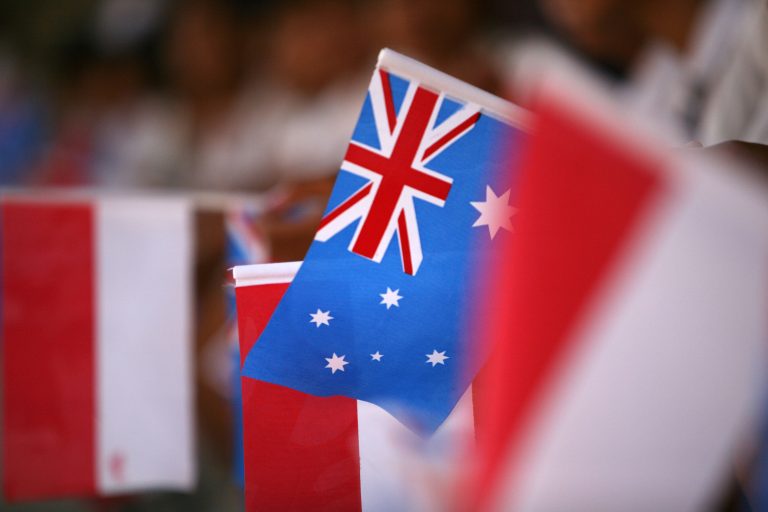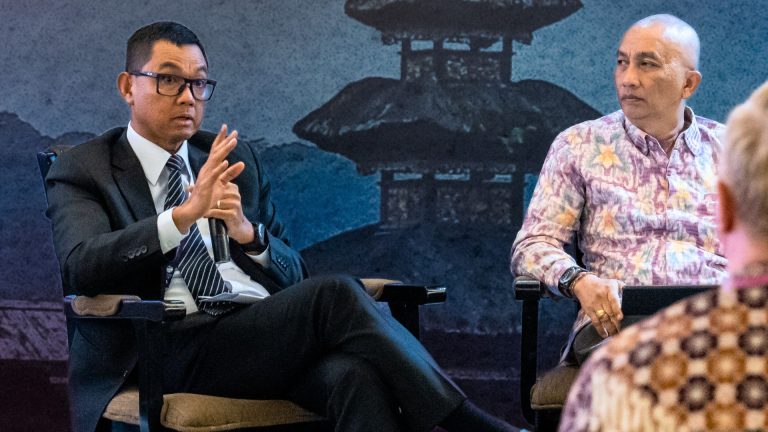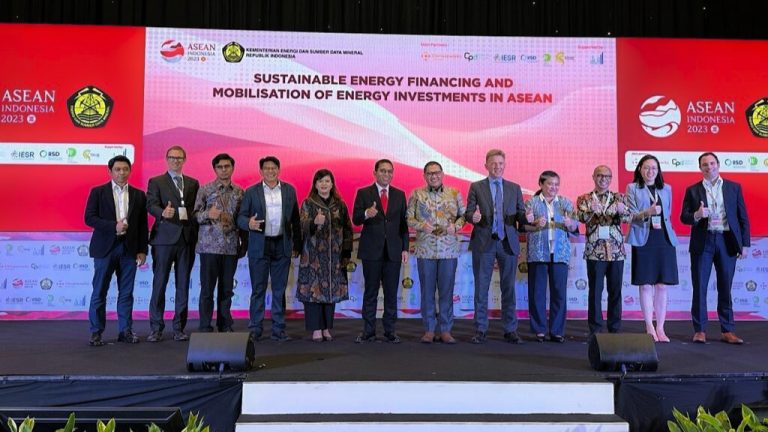Published in The Australian on 23 November 2018
“Step up or step aside.” This was former Indonesian foreign minister Hassan Wirajuda’s 2016 warning to Australia and Indonesia as co-chairs of the Bali Process on People Smuggling, Trafficking in Persons and Related Transnational Crime.
Wirajuda was speaking in Bangkok at the second Asia Dialogue on Forced Migration meeting and didn’t mince his words. He was furious at the lack of leadership and inaction by the Bali Process co-chairs in response to the crisis in the Andaman Sea and Bay of Bengal in May 2015. Thousands had been stranded at sea and at least 370 people had died after more than 25,000 people left Myanmar and Bangladesh by boat. What was lacking was a co-ordinated response from neighbouring countries. The founding purpose of the Bali Process, which Wirajuda played a pivotal role in establishing, was to better equip the region to respond to such emergencies.
The Bali Process heard Wirajuda’s call and has come a long way since then, showing the benefits of building regional frameworks, agreements and institutions to respond in sophisticated and humane ways to the ongoing challenge posed by forced migration. These forms of migration are proving the most difficult for governments to manage and raise complex challenges within national and international communities. They involve migratory movements of people in the most vulnerable circumstances, including the movement of asylum-seekers, refugees, and stateless and trafficked people.
Australia will rue this call, for several reasons.
First, we are now part of that group of countries seemingly in retreat from the rules-based order, not building on it. We join a minority of countries not signing, among them Austria, Hungary and the US.
Second, the decision not to sign reveals a shortsighted view of the future of migration governance. No country in our region can unilaterally and satisfactorily address the escalating challenges posed by forced migration. This was Wirajuda’s point in response to the Andaman Sea crisis. Challenges such as these require regional co-operation, shared responsibility and distributed capacities. In a region with little common migration governance, the GCM provides a platform of shared objectives built on the principle of national sovereignty.
As Wirajuda said back then, the “lesson learned from our experience in the region is that there is a need to strengthen the capacity of public policy on migration and strengthen the process of institution building”.
Third, the decision is at odds with the collective view presented by Australia and Indonesia on behalf of the Bali Process during the drafting process. In November last year the Australian and Indonesian ambassadors to the UN sent input on behalf of the Bali Process to those drafting the GCM. It concluded: “The Bali Process looks forward to playing an active role in facilitating the implementation of the Global Compact for Safe, Orderly and Regular Migration.”
The co-chairs of the Bali Process could say this because in many respects they have “stepped up” after Wirajuda’s speech. The March 2016 Bali Declaration “committed members to deal with protection issues, promote regular migration pathways, counter criminal networks and address human trafficking as matters of priority”. A mechanism for senior officials to respond quickly to displacements was created, along with an operational taskforce.
These developments have helped to build trust, overcome information gaps and spur action. Importantly, they have kept Myanmar and Bangladesh at the table during the past year as the Rohingya crisis puts millions of lives at grave risk.
Reporting of Morrison’s decision has already pointed to a previous joint position paper from the departments of Foreign Affairs and Home Affairs that supported the GCM and the opportunity it presented for Australia and the region.
The GCM doesn’t require Australia to change its policy but it’s our entry ticket to much larger regional exchanges on key objectives to building safer, more orderly and regular migration pathways. These exchanges are critical, as objectives 11 and 23 of the GCM outline, to managing borders in an integrated, secure and co-ordinated manner.
The GCM offers a springboard to strengthen regional co-ordination on multiple migration matters, including collaboration between the Bali Process and ASEAN on human trafficking issues. This opportunity was at the heart of discussions this week at the seventh Asia Dialogue on Forced Migration meeting, held again in Bangkok. The meeting, which was attended by senior officials from eight countries in the region, wrapped up only hours before Morrison’s decision was announced. “Unconscionable”, was how one official described Australia’s decision. There was a general sense of sadness at an opportunity lost.
Many people may dispute the utility of compacts such as the GCM. What they don’t see is the hard work of senior officials, including Australians, who negotiated the text in the hope of galvanising a more co-ordinated approach. When Australia is trying to reassert itself in the region, including at last week’s APEC summit, these compacts matter.
Australia will come to regret this decision. It gives the impression Australia wants to go it alone instead of aligning its interests with friends in the Indo-Pacific region and across the wider world. It seems a far cry from the call by last year’s foreign policy white paper for “active and determined diplomacy and strong partnerships to help advance a secure and prosperous Indo-Pacific and strengthen the rules-based international order”.
Travers McLeod is chief executive of the Centre for Policy Development and an adviser to the International Organisation for Migration’s Research Leaders’ Syndicate.



